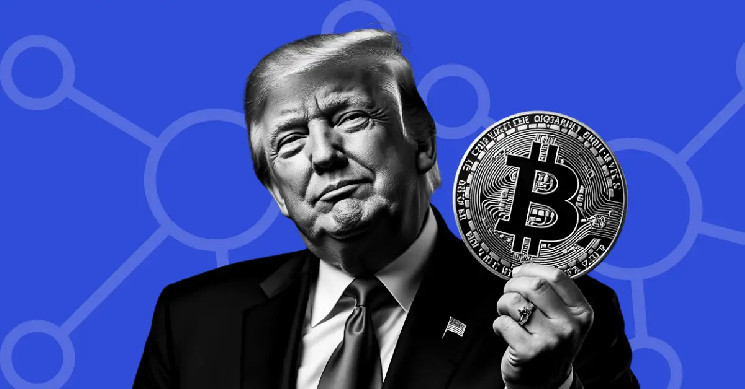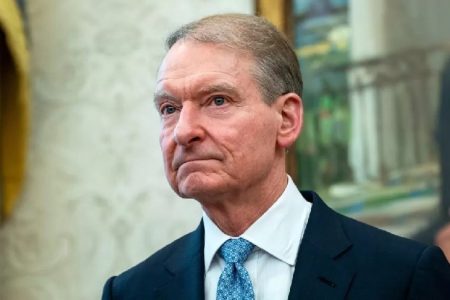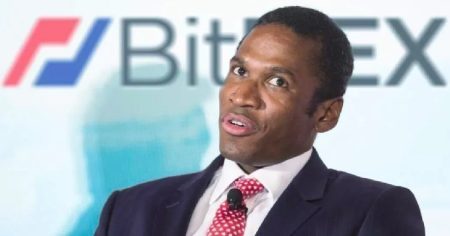Bitcoin’s recent surge past $100,000 has ignited fervent discussions about its potential role in national reserves, particularly in the United States following Donald Trump’s election victory. The crypto community harbors optimistic expectations that the Trump administration will adopt a pro-crypto stance, possibly fulfilling his campaign promise of establishing a strategic Bitcoin reserve. This optimism is fueled by the belief that Bitcoin can act as an inflation hedge and a portfolio diversifier, appealing to those seeking alternative assets in an uncertain economic landscape. However, this enthusiasm is met with strong criticism from prominent financial figures like Bill Dudley, former president of the Federal Reserve Bank of New York, who argues that Bitcoin’s inherent volatility and lack of income-generating capacity make it an unsuitable choice for national reserves.
Dudley’s critique centers on the fundamental weaknesses he perceives in Bitcoin as an asset. He points to its volatile price swings, limited acceptance as a payment method, and the slow and costly transaction process as significant drawbacks. He further highlights the risks associated with individuals losing access to their Bitcoin holdings, emphasizing that unlike traditional financial assets, Bitcoin does not generate income through interest or dividends. This lack of intrinsic value, coupled with its purely speculative nature, makes Bitcoin a precarious investment, according to Dudley. He argues that including Bitcoin in national reserves would expose the government to holding a non-yielding asset, offering no tangible benefit to the vast majority of citizens.
Furthermore, Dudley raises concerns about the potential negative impact on the U.S. dollar’s global reserve currency status. He argues that incorporating Bitcoin into national reserves could undermine the dollar’s dominance and disproportionately benefit specific interest groups rather than the broader American public. He suggests that this move could divert attention and resources from more inclusive economic policies that would benefit a wider range of citizens. The additional borrowing required to acquire a Bitcoin reserve would either increase debt servicing costs or necessitate printing more money, potentially exacerbating inflationary pressures.
Dudley advocates for a different approach: focusing on developing comprehensive regulations for the cryptocurrency industry. He stresses the importance of establishing clear rules to protect consumers from fraud and manipulation, regulating stablecoins, and preventing the illicit use of cryptocurrencies. While acknowledging the potential of crypto technology to improve the financial system, he emphasizes the need for strong safeguards to mitigate risks and maintain trust. Without robust regulatory oversight, he warns that fraudulent activities will continue to undermine confidence in the crypto space and hinder its progress.
Despite these criticisms, market optimism persists, driven by expectations of a more crypto-friendly regulatory environment under the Trump administration. The nomination of Paul Atkins, known for his positive stance on digital assets, to chair the SEC further bolstered this optimism, contributing to Bitcoin’s surge past the $100,000 mark. The subsequent appointment of David Sacks as the White House AI & Crypto Czar has solidified the expectation that the Trump administration will prioritize pro-innovation policies for both artificial intelligence and cryptocurrencies.
This clash of perspectives highlights the ongoing debate surrounding Bitcoin’s role in the future of finance. While proponents view it as a revolutionary asset with the potential to reshape the financial landscape, critics caution against its volatility and speculative nature. The Trump administration’s approach to cryptocurrency regulation and the potential establishment of a Bitcoin reserve will significantly impact the trajectory of Bitcoin and the broader crypto market. The interplay between regulatory developments, market sentiment, and the evolution of Bitcoin’s underlying technology will ultimately determine its long-term success and its potential impact on the global financial system.
![Standard Chartered Cuts Bitcoin and Ethereum Forecasts, Predicts Bottom by [Date] at $[Price]](https://commstrader.com/wp-content/uploads/2026/02/3f2a2e40b5435ea86ade84c25b7ee76c02e7fe3c-300x200.jpg)




![Standard Chartered Cuts Bitcoin and Ethereum Forecasts, Predicts Bottom by [Date] at $[Price]](https://commstrader.com/wp-content/uploads/2026/02/3f2a2e40b5435ea86ade84c25b7ee76c02e7fe3c-450x300.jpg)








